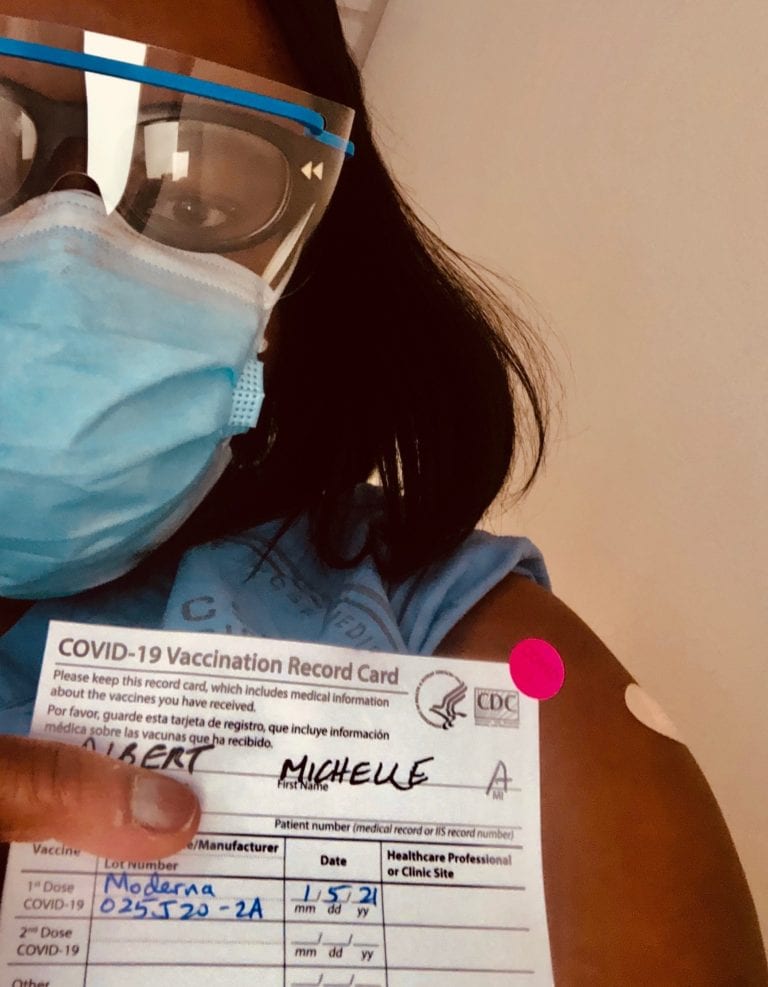As companies enforce return-to-office protocols, it’s crucial to assess internal workplace culture. According to a recent study by ResumeBuilder.com, 30% of participants reported a toxic work environment post-return to the office. Additionally, 21% disclosed experiencing instances of bullying, while 28% encountered what the report defines as “creepy” behavior – actions or comments causing discomfort or fear – since resuming office work.
Julia Toothacre, a resume, and career strategist at Resume Builder, emphasized the significance of documenting observed behaviors or discomforts. She advised, “It’s essential to record the behaviors you notice or the reasons behind your discomfort because past experiences can sometimes lead to misinterpretations.” She suggested that by documenting experiences, individuals can accurately assess whether a situation warrants reporting or requires resolution.
“Having said that, many people stay in toxic and abusive work environments because they don’t identify it that way or they were taught to just deal with it, especially if their livelihood is threatened,” Toothacre wrote. “It’s worth discussing your situation with trusted people in your life to get an outside and objective opinion of what you’re experiencing.”
julia toothacre
Diverse Experiences Among Gen Z Employees
Both male and female workers reported facing bullying and “creepy” behavior at similar frequencies. However, among various age brackets, Gen Z employees emerged as the cohort most prone to encountering these negative occurrences upon returning to the office.
Survey findings indicate that 38% of Gen Z respondents reported instances of bullying, while 46% disclosed experiencing “creepy” behavior.
Toothacre suggested a potential explanation for the elevated percentages. She mentioned, “I believe Gen Z possesses a heightened awareness of bullying or creepy behavior compared to prior generations. They are self-aware, protective, and have a strong grasp of therapy-related concepts.’ Toothacre added, ‘While older generations were often advised to tolerate such behavior and rarely confronted the organization, Gen Z is inclined to leave if they feel mistreated.’
As baby boomers transition out of the workforce, experts emphasize the importance for employers to establish genuine connections with Gen Z. This entails addressing disparities in pay expectations, social justice concerns, and misconceptions about Gen Z’s attitudes toward remote work.
Businesses that fail to engage with Gen Z risk encountering more significant hiring hurdles than anticipated soon.

Matt Enhard, managing partner at Summit Research Group, suggests that the isolation experienced during the pandemic may have contributed to a decline in certain social skills. He remarked, “It is very possible that other generations are experiencing bullying or toxicity at the same rates as Gen Z professionals, but Gen Z is simply more likely to call it out,” he said. “I find Gen Zers have a lower tolerance for this type of behavior than older workers. They are also more dubious of the traditional workplace model overall.”







